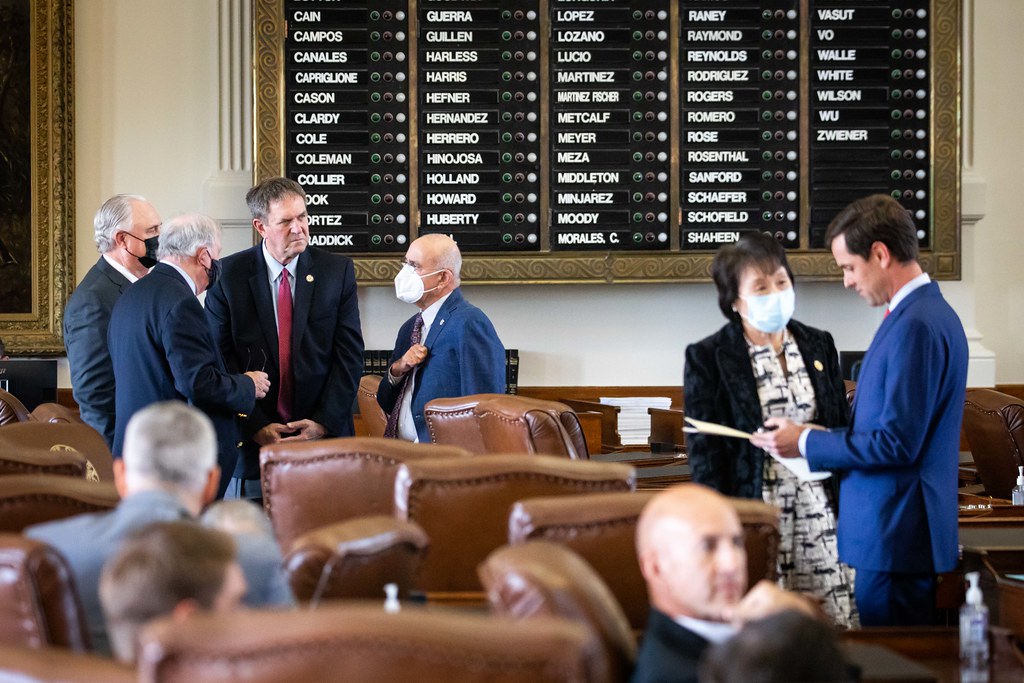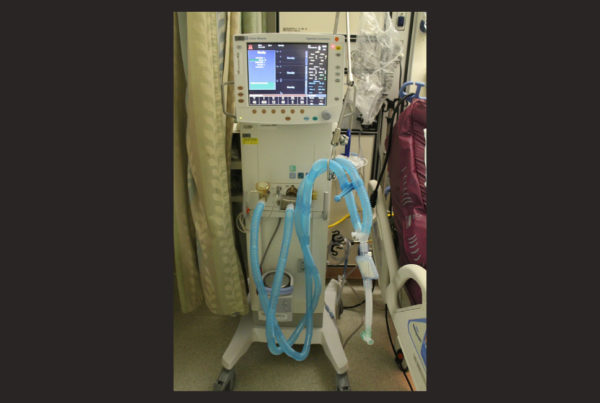Despite efforts by Texas House Democrats to halt new voting restrictions, the GOP-backed bill is now on its way to Texas Gov. Greg Abbott’s desk.
In a 80-41 vote, the measure authored by Junction Republican Andrew Murr, finally passed out of the House Friday after a marathon floor debate between both parties.
Richard Pineda, director of the Sam Donaldson Center for Communication Studies at the University of Texas at El Paso says not much changed in the bill besides some “late-night amendments.” The heart of the bill, which motivated House Democrats to flee the state in protest, is still intact. The changes Republicans pushed for include removing drive-thru voting and 24-hour voting. They did make some concessions to accommodate voters living with disabilities, however.
“The changes that are substantial are tied to accommodations for folks under the ADA [Americans With Disabilities Act]. There was an attempt to limit some of those, but they came back in. We’re not much farther along than than where we were at the end of the legislative session, despite a summer of drama,” Pineda said.
Despite Texas Democrats’ attempts to thwart these voting changes, Pineda says their strategy mostly failed.
“I don’t think that the Democrats did a very good job of energizing Texans through the summer. I don’t think that a lot of people were focused on what was going on except the real die-hard political junkies. And I think the other issue, and I think this is where we’re seeing right now, is that the Texas Democrats lack a singular voice,” he said.
That could be trouble for the party, Pineda warns, and could be recipe for a larger internal schism that Republicans could use to their advantage.
Critics of the Republican-backed legislation argue its disproportionately negative effects on Texas voters of color are obvious and intentional. With that criticism in mind, Pineda says House Speaker Dade Phelan banned the use of the word “racism” in an attempt to cool tensions during a debate among lawmakers.
“I think that that was an attempt to kind of cool things down,” Pineda said.
But he also says admonishing Democrats was an odd choice given the debate on the House floor is often contentious for a reason.
“I think part of that, though is, again, political theater on the side of the Republicans who are trying to make this seem like, you know, this is the most normal, ordinary bill to to ensure safeguards, which I mean, I think in the long view, I suppose is right,” Pineda said. “But I think the focus on some of these particular efforts, especially in a place like Harris County, where there have been substantial upticks in minority voting, I think it’s really hard to separate that out.
Now, the bill heads to a conference committee where the differences between the House and Senate versions will be ironed out. Pineda expects a signature by the governor by the end of this week.
“There’s very little that can be thrown off at this point,” he said.













